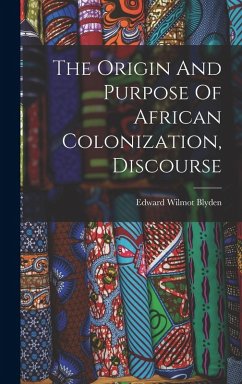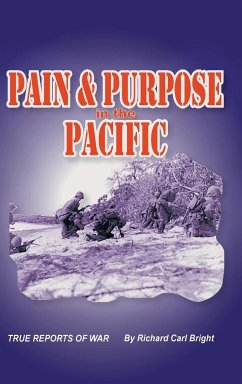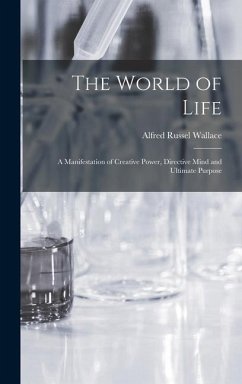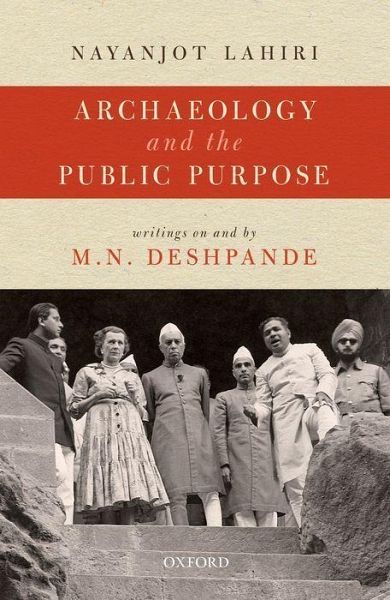
Archaeology and the Public Purpose
Writings on and by M.N. Deshpande
Versandkostenfrei!
Versandfertig in über 4 Wochen
69,99 €
inkl. MwSt.

PAYBACK Punkte
35 °P sammeln!
This book interleaves the history of post-Independence archaeology in India with the life and times of Madhukar Narhar Deshpande (1920-2008), a leading Indian archaeologist who went on to become the director-general of the Archaeological Survey of India. The story is told through a main character - Deshpande himself - some of whose writings have been included here. Equally, there are others who figure in the narrative as it reconstructs and recounts the story of Indian archaeology after 1947 through those lives as also through the institutional history of the Archaeological Survey and the proc...
This book interleaves the history of post-Independence archaeology in India with the life and times of Madhukar Narhar Deshpande (1920-2008), a leading Indian archaeologist who went on to become the director-general of the Archaeological Survey of India. The story is told through a main character - Deshpande himself - some of whose writings have been included here. Equally, there are others who figure in the narrative as it reconstructs and recounts the story of Indian archaeology after 1947 through those lives as also through the institutional history of the Archaeological Survey and the processes that were central to the discoveries it made and the challenges it faced.



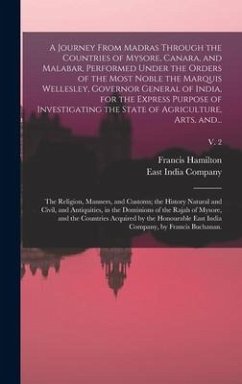

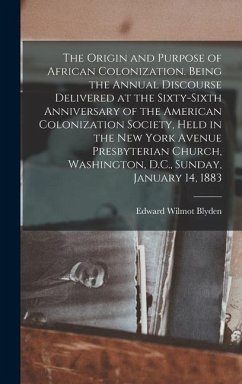
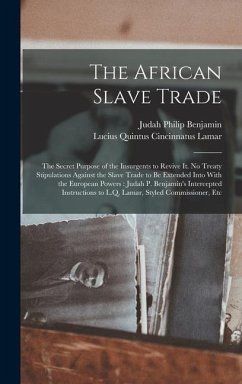
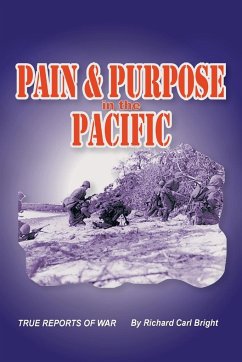
![Considerations On the Propriety of Imposing Taxes in the British Colonies, for the Purpose of Raising a Revenue, by Act of Parliament [By D. Dulany] Cover Considerations On the Propriety of Imposing Taxes in the British Colonies, for the Purpose of Raising a Revenue, by Act of Parliament [By D. Dulany]](https://bilder.buecher.de/produkte/71/71587/71587043n.jpg)
